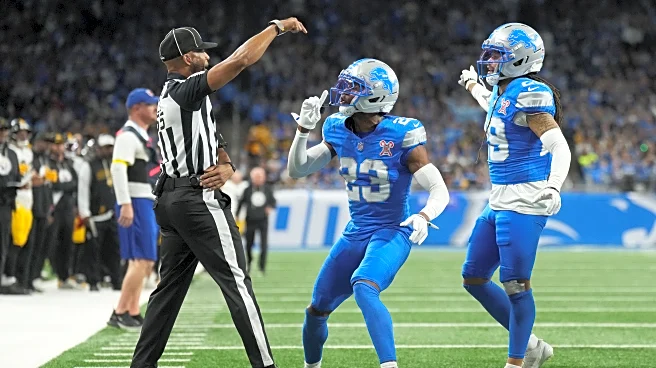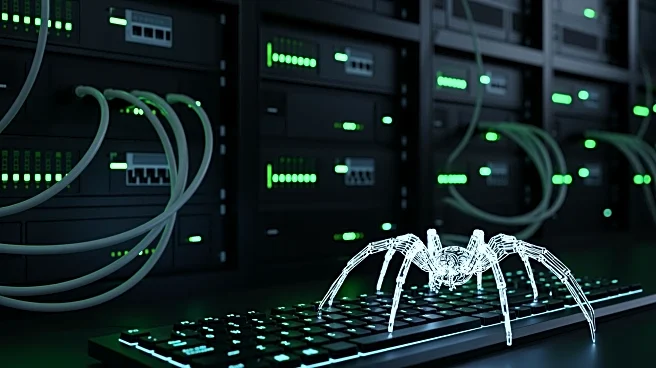Rapid Read • 8 min read
RTA, Japan's largest charity speedrunning event, has announced that Nintendo games will not be featured in this year's event due to Nintendo's stringent rules regarding the use of its products. The event, scheduled from August 9th to 15th, will include speedruns of various games such as Minecraft and Silent Hill 2, with proceeds going to Doctors Without Borders. Organizers revealed that Nintendo contacted them in June, requiring permission for the use of its games, which was not feasible in time for the event. Despite this setback, organizers are hopeful for future inclusion of Nintendo titles and are negotiating with the company.
AD
The exclusion of Nintendo games from the RTA event highlights the ongoing challenges faced by third-party organizations in utilizing Nintendo's intellectual property. This decision impacts the gaming community, particularly those involved in speedrunning, as Nintendo's popular titles are often central to such events. The situation underscores the broader issue of copyright and licensing in the gaming industry, where companies like Nintendo maintain strict control over their content. This could influence future collaborations and the accessibility of gaming events, affecting both organizers and participants.
Organizers of the RTA event are in discussions with Nintendo to potentially include its games in future events. The outcome of these negotiations could set a precedent for how third-party events handle licensing with major gaming companies. Additionally, the gaming community may respond by advocating for more flexible licensing agreements to facilitate the inclusion of popular titles in charity and community events.
Nintendo's approach to licensing reflects a broader trend in the entertainment industry where companies seek to protect their intellectual property while balancing community engagement. This situation raises questions about the ethical implications of strict licensing policies and their impact on cultural and community-driven events. The gaming industry may need to consider more collaborative approaches to support community initiatives while safeguarding intellectual property rights.
AD
More Stories You Might Enjoy











